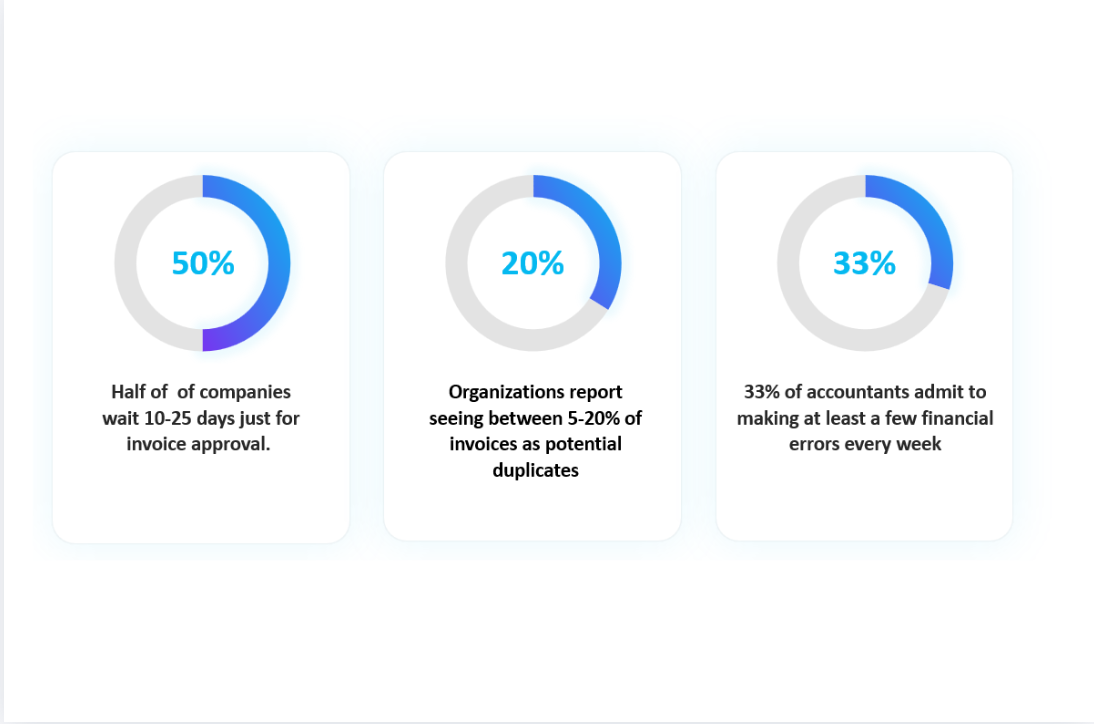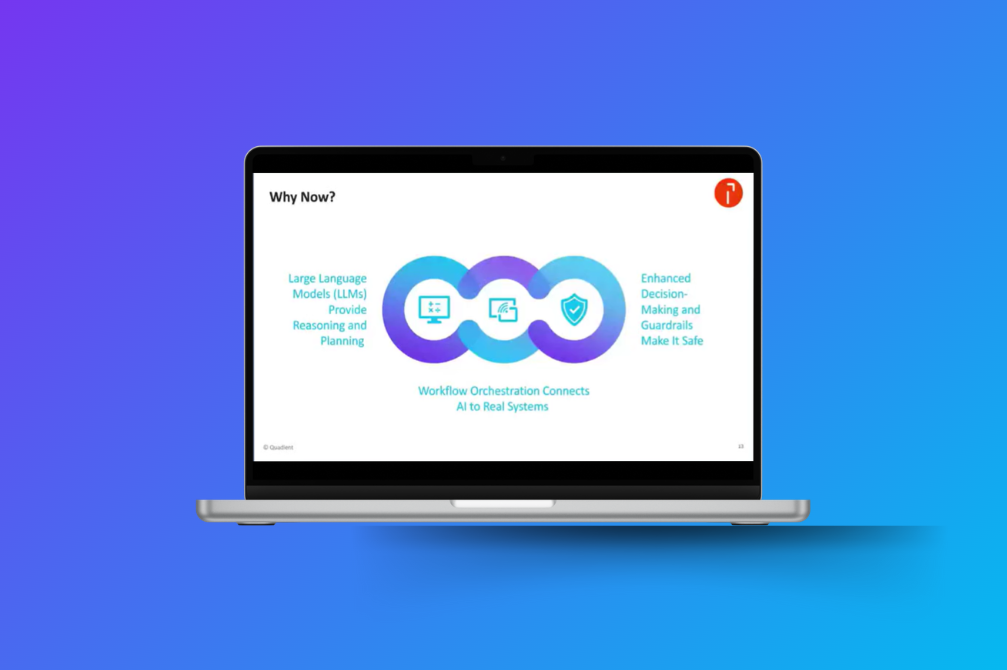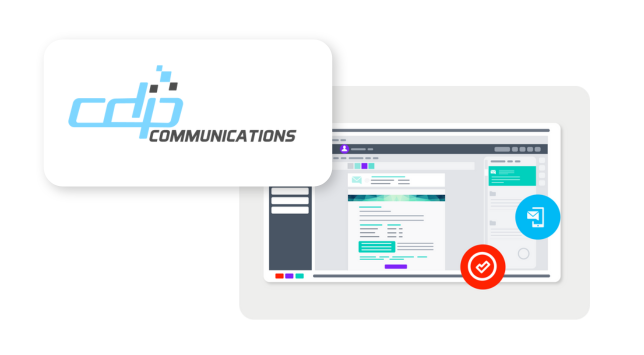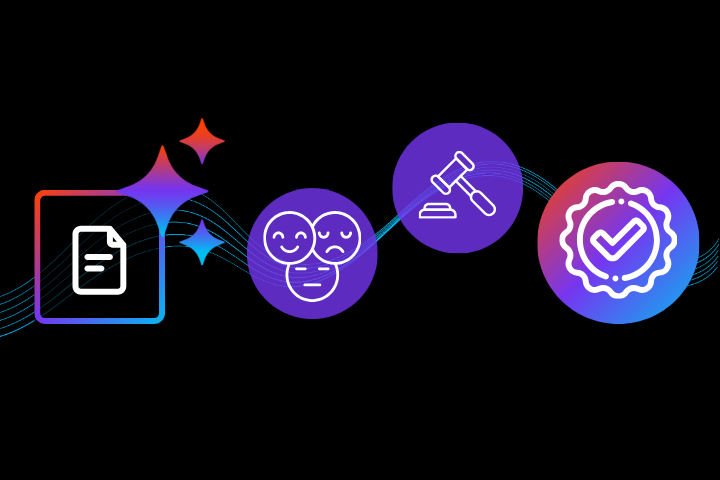Store and Manage Information
As we create more and more data effective information storage and management has never been more important for businesses to master.
By creating a centralised repository for you businesses data you can ensure compliance, improve efficiency and with the help of Generative AI make data-driven decisions.
Key Benefits of Effectively Storing and Managing Your Information:
- Centralised Data Repository: Store all your critical information in one secure location.
- Enhanced Compliance: Use AI-powered tools like Tungsten Automation Copilot to automate compliance checks and ensure adherence to regulations like GDPR.
- Improved Auditability: Maintain a clear audit trail of data access and modifications, aided with AI-driven logging and monitoring.
- Simplified Data Management: Easily search, retrieve, and manage information.
- Scalability: Accommodate your organisation's growing data needs.

How Information Storing and Managing Works
Data Ingestion
Capture and store data from various sources, including documents, databases, and applications.
Data Organisation
Use AI-driven algorithms to automatically Structure and categorize data for efficient retrieval and management.
Data Access and Retrieval
Provide secure and controlled access to information based on user permissions.
Data Governance
Implement policies and procedures to ensure data quality, integrity, and security.
Data Analytics
Gain valuable insights from your data through AI- powered reporting and analysis tools
Common Use Cases for Effective Information Management
Storing and managing information with the help of AI is a critical component of modern business operations. Tungsten Automation Copilot can help you succeed by automating tasks enhancing data governance and providing valuable insights from your data. Find out more about an information management solution to optimise your data management processes now.
Document Management
Store and manage electronic documents, contracts, and records.
Content Management
Manage website content, marketing materials, and knowledge base articles.
Data Warehousing
Store and analyse large datasets for reporting and decision-making.
Customer Relationship Management (CRM):
Manage customer information, interactions, and sales data.
Enterprise Resource Planning (ERP):
Store and manage financial, operational, and supply chain data.







